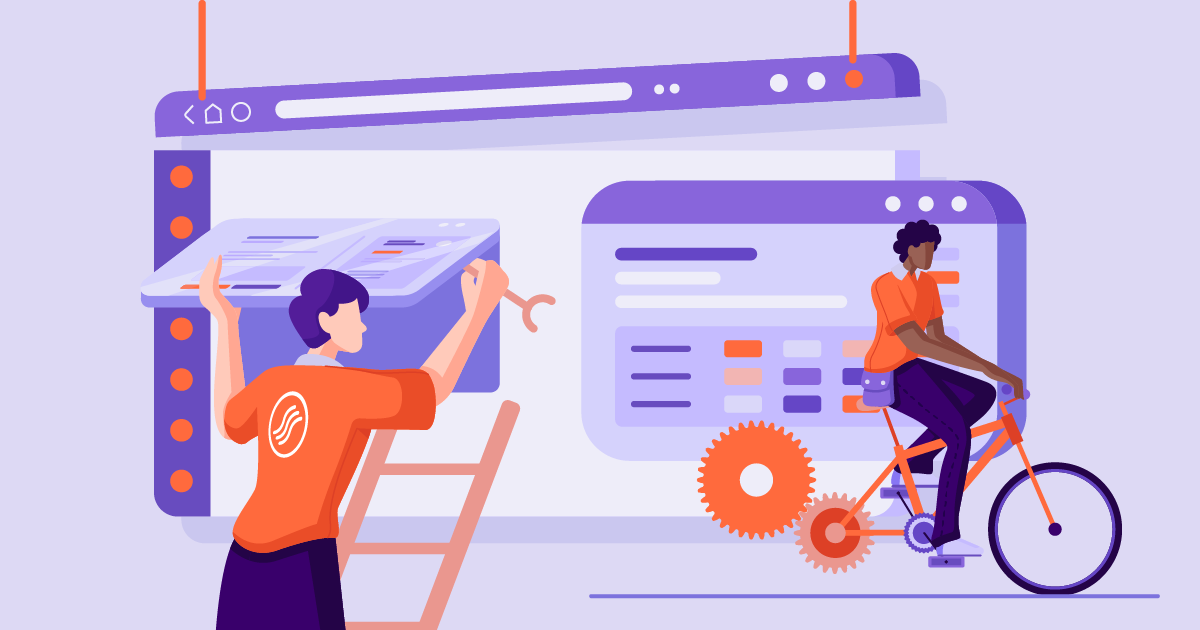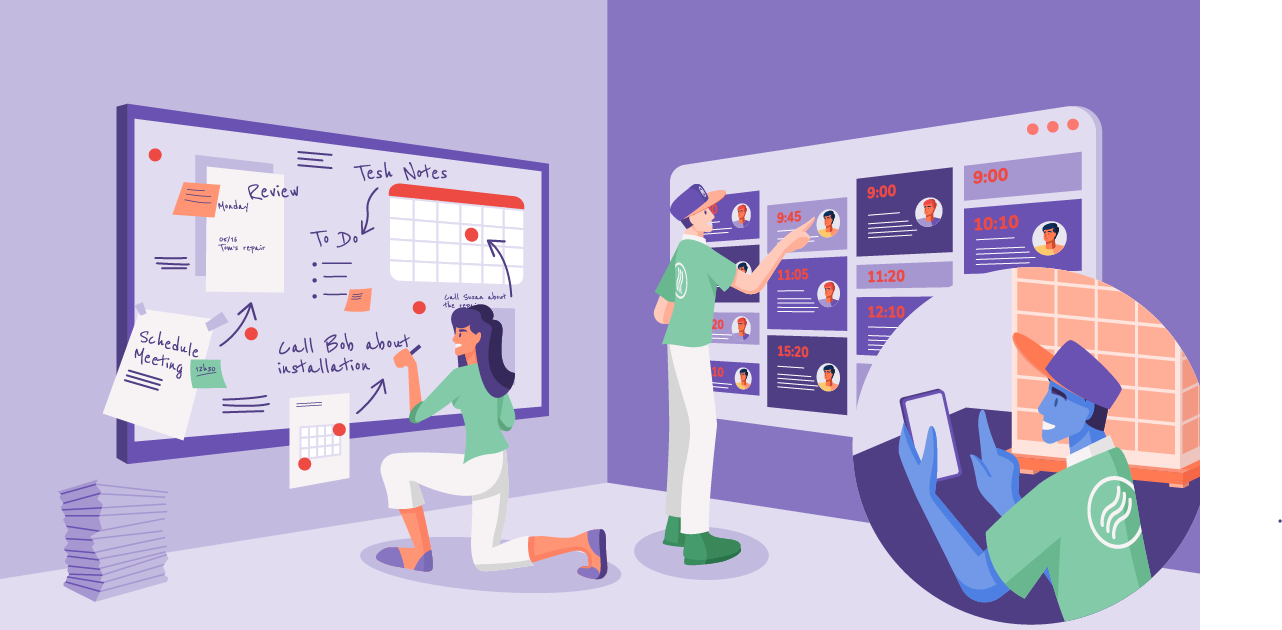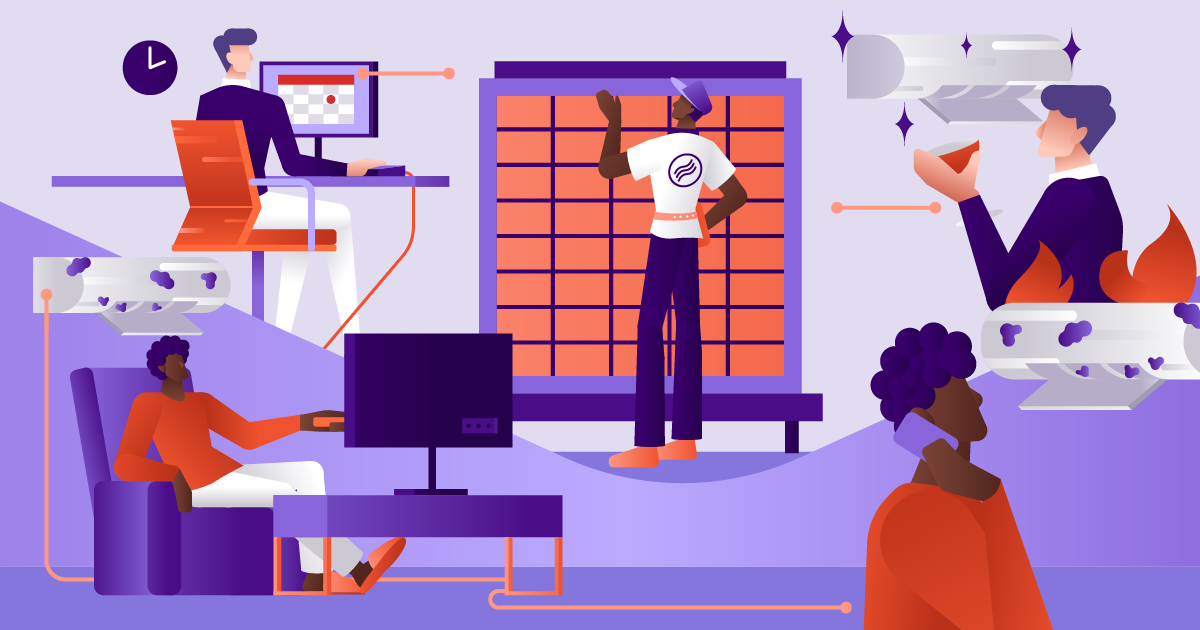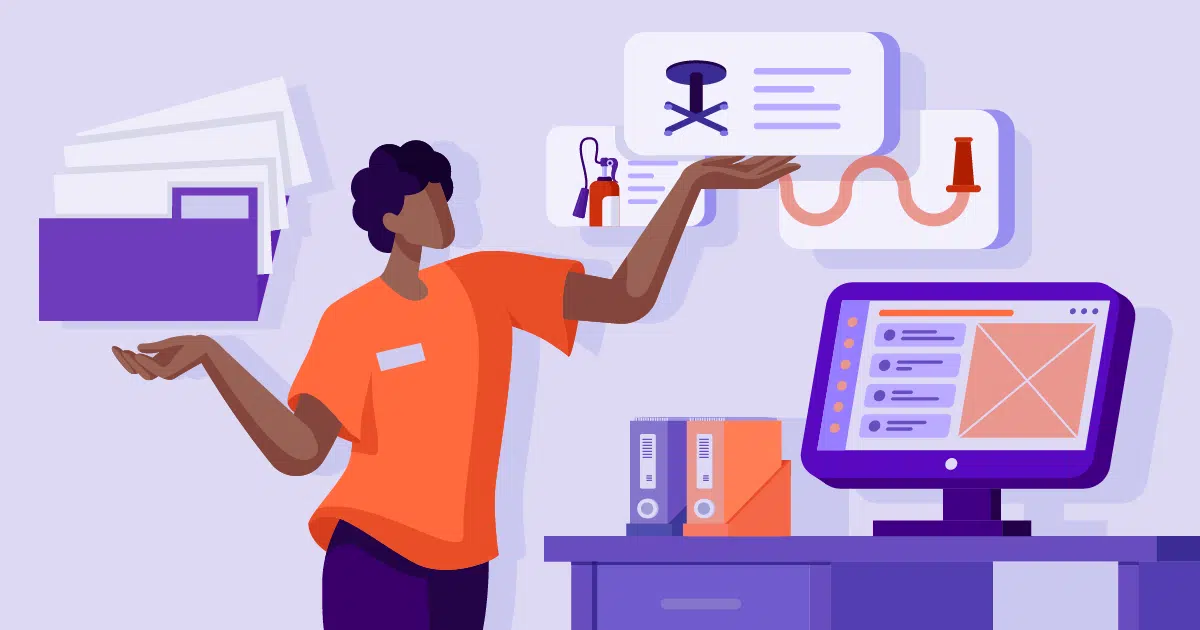Chillers Maintenance Guide: Ensuring Efficiency and Longevity

Discover the hidden gems of chillers maintenance: Boost efficiency and extend lifespan with our comprehensive guide!
Maintaining your chiller system is essential for maximizing its efficiency and extending its lifespan. Neglecting regular maintenance can lead to reduced performance, increased energy consumption, and costly breakdowns. In this comprehensive guide, we’ll cover the crucial aspects of chillers maintenance and provide practical tips to help you keep your system in top-notch condition. From understanding your chiller system to essential maintenance checks and the benefits of professional technicians, we’ve got you covered. So, let’s dive in!
Summary of Covered Points:
- Understanding Your Chiller System
- The Importance of Regular Chillers Maintenance
- Essential Checks for Chillers Systems
- The Role of Professional Technicians in Chillers Maintenance
- The Significance of Regular System Monitoring and Cleaning
- The Importance of Pressure Checks and Leak Detection
- Planning for Upgrades and Replacements
- The Benefits of Annual Chillers System Service
- Safety Measures in Chillers Maintenance
- Leveraging FieldInsight for Chillers Maintenance
Unleash your asset’s full potential with our ultimate guide to commercial hvac maintenance and keeping them cool and efficient!
Understanding Your Chiller System
When it comes to routine maintenance, three crucial components of a chiller system require special attention: the compressor, condenser, and evaporator.
Compressor: The compressor is often referred to as the heart of the chiller system. Its main role is to compress the refrigerant gas, increasing its temperature and pressure. This process requires significant energy and puts strain on the compressor. Regular maintenance is necessary to inspect and maintain this component, as any issues with the compressor can result in reduced cooling capacity, decreased energy efficiency, and even system failure.
Condenser: The condenser plays a critical role in transferring heat from the chiller system to the surrounding environment. Over time, the condenser coils can accumulate dirt, debris, and scale, which can hinder the efficiency of heat transfer. Routine cleaning and maintenance of the condenser coils are essential to ensure optimal heat exchange. By keeping the condenser clean, you can prevent overheating, minimize strain on other components, and maintain the chiller system’s overall performance.
Evaporator: The evaporator is responsible for absorbing heat from the process fluid, allowing the chilled water to be circulated throughout the system. It is vital to keep the evaporator clean and well-maintained to facilitate efficient heat absorption. Neglecting maintenance can lead to reduced cooling efficiency, increased energy consumption, and compromised overall performance of the chiller system.
The Importance of Regular Chillers Maintenance
Consistent maintenance plays a vital role in ensuring the efficient operation and extended lifespan of chillers. Let’s take a closer look at why it is so important:
- Optimal Performance: Regular maintenance allows you to keep all components of the chiller system in optimal condition. By conducting inspections and servicing the system on a consistent basis, you can identify and address potential issues before they escalate. This proactive approach prevents minor problems from turning into major breakdowns that can disrupt operations. With consistent maintenance, you can fine-tune the performance of the chiller system, ensuring it operates at peak efficiency and delivers the desired cooling capacity.
- Energy Efficiency: Chillers are significant energy consumers in commercial and industrial settings. Without regular maintenance, the system can experience reduced efficiency due to factors such as dirty condenser coils, incorrect refrigerant levels, or worn-out components. This inefficiency leads to increased energy consumption and higher operating costs. By implementing routine maintenance, you can address these efficiency-draining factors, optimize the chiller’s energy performance, and potentially save on energy bills in the long run.
- Extended Lifespan: Chillers represent a substantial investment, and maximizing their lifespan is crucial for a favorable return on investment. Regular maintenance significantly contributes to prolonging the lifespan of a chiller system. By preventing or promptly addressing issues such as refrigerant leaks, component failures, or excessive wear and tear, you can avoid costly repairs and premature system replacements. Consistent maintenance enhances the durability and longevity of your chillers, ultimately reducing lifecycle costs.
- Safety and Reliability: A well-maintained chiller system operates more reliably, reducing the risk of unexpected failures and breakdowns. This is particularly important in critical environments where temperature control is essential, such as data centers or healthcare facilities. Routine maintenance helps ensure the system’s safety by identifying and resolving potential safety hazards, such as refrigerant leaks or electrical issues. By prioritizing maintenance, you create a safer working environment for your staff and minimize the chances of equipment malfunctions that could lead to accidents.
Don’t forget why preventive maintenance checklists are so vital!
Essential Checks for Chillers Systems
To prevent breakdowns and ensure optimal performance, several essential maintenance tasks should be performed regularly. These tasks include checking refrigerant levels to ensure they are within the specified range, monitoring and maintaining proper oil levels to prevent compressor damage, and cleaning the condenser coils to enhance heat transfer efficiency. Other crucial tasks include inspecting electrical connections for any signs of wear or corrosion, examining and tightening belts and pulleys, and lubricating moving parts as needed. Additionally, it is important to calibrate controls and sensors, test safety devices, and verify proper water flow. Performing these maintenance tasks helps maintain the chiller system’s reliability and efficiency.
The Role of Professional Technicians in Chillers Maintenance
During a maintenance visit, professional technicians perform a range of crucial tasks to ensure the optimal performance of a chiller system.
They conduct comprehensive inspections, calibrate controls, clean and lubricate components, manage refrigerant levels, inspect the electrical system, conduct performance tests, and document their findings.
By entrusting these tasks to professionals, chiller owners can benefit from their expertise and ensure the system receives the specialized care it needs. The technicians’ work contributes to the system’s reliability, efficiency, and longevity.
The Significance of Regular System Monitoring and Cleaning
Regular system monitoring and cleaning are crucial for maintaining the efficiency, reliability, and longevity of a chiller system. Monitoring allows for early issue detection, optimizing energy efficiency, and prolonging equipment life. Practical tips include utilizing monitoring tools, establishing a monitoring schedule, and training staff.
Cleaning ensures optimal heat transfer, prevents breakdowns, and allows for component inspections. Practical tips for effective cleaning include following manufacturer guidelines, using suitable cleaning agents, and implementing preventive cleaning measures. By consistently monitoring and cleaning the system, you can proactively address issues, improve performance, and extend the lifespan of your chiller system.
The Importance of Pressure Checks and Leak Detection
Pressure checks and leak detection are essential for maintaining the efficiency of a chiller system. Regular monitoring of pressure levels ensures optimal performance, prevents equipment damage, and maximizes energy efficiency. Detecting and repairing refrigerant leaks promptly helps avoid energy wastage, environmental harm, and system inefficiencies. Recommended practices include scheduled inspections, using pressure gauges and sensors, systematic leak detection methods, and prompt repairs. By implementing these practices, chiller systems can operate at their designed efficiency levels, minimize downtime, and reduce environmental impact.
Planning for Upgrades and Replacements
Planning for upgrades and replacements in a timely manner offers several significant benefits for chiller systems. Here are the key advantages of proactive planning:
- Enhanced Efficiency: Upgrading outdated components or replacing aging equipment can significantly improve the overall efficiency of the chiller system. Newer technologies often provide better energy efficiency, advanced controls, and improved performance. By planning for upgrades, you can take advantage of these advancements and reduce energy consumption, operating costs, and environmental impact.
- Improved Reliability and Performance: Aging equipment is more prone to breakdowns, which can result in costly repairs, system downtime, and disrupted operations. Planning for replacements allows you to proactively address equipment nearing the end of its lifespan, reducing the risk of unexpected failures. Upgrading to newer, more reliable components or systems improves performance, reduces the frequency of breakdowns, and enhances operational reliability.
- Compliance with Regulations: As technology evolves, so do industry regulations and environmental standards. Planning for upgrades ensures that your chiller system remains compliant with current regulations, such as refrigerant phase-outs or efficiency requirements. By staying ahead of regulatory changes, you can avoid penalties, maintain a sustainable operation, and align with industry best practices.
- Long-Term Cost Savings: Although upgrades and replacements may involve upfront costs, they can lead to significant long-term savings. Newer equipment and components often offer improved energy efficiency, reducing energy consumption and utility bills over time. Additionally, proactive planning allows you to research and negotiate favorable pricing, take advantage of incentives or rebates, and avoid emergency replacement costs associated with sudden equipment failures.
- Future-Proofing: Planning for upgrades and replacements allows you to anticipate future needs and advancements in technology. By considering the evolving requirements of your facility and industry, you can make strategic decisions that align with your long-term goals. Future-proofing your chiller system ensures that it remains adaptable, efficient, and compatible with emerging technologies, protecting your investment and extending its lifespan.
To enjoy these benefits, it is essential to conduct regular assessments of your chiller system, track its performance, and stay informed about advancements in the industry. Engaging with knowledgeable professionals and consulting with reputable vendors can provide valuable insights and guidance in planning for upgrades and replacements. By taking a proactive approach, you can optimize your chiller system’s efficiency, reliability, compliance, and long-term cost-effectiveness.
The Benefits of Annual Chillers System Service
Annual service for chiller systems is of utmost importance. It ensures the system operates at peak performance, maximizes efficiency, and extends its overall lifespan. During a service, expect thorough inspections, cleaning, lubrication, calibration, and performance testing. Professional technicians will identify potential issues, address them promptly, and optimize the system’s operation.
Regular service helps prevent breakdowns, reduces the risk of major repairs, and improves energy efficiency. It also allows for proactive maintenance and ensures compliance with manufacturer recommendations. Investing in annual service safeguards your chiller system’s longevity, reliability, and cost-effectiveness while minimizing downtime and unexpected expenses.
Safety Measures in Chillers Maintenance
Safety is paramount during chiller maintenance activities. A strong focus on safety ensures the well-being of technicians and prevents accidents that could lead to injuries or property damage. By fostering a safety-conscious culture, organizations prioritize proper training, adherence to safety protocols, and the use of personal protective equipment.
This commitment to safety improves maintenance outcomes by minimizing errors, reducing equipment damage, and preventing operational disruptions. Additionally, it results in reduced accident rates, lowers insurance costs, and enhances the overall reputation of the organization.
By valuing and prioritizing safety, organizations create a positive work environment, boost employee morale, and ensure the smooth and efficient execution of chiller maintenance activities.
Leveraging FieldInsight for Chillers Maintenance
FieldInsight offers valuable features that streamline and enhance chiller maintenance management. With its intuitive interface and robust capabilities, FieldInsight simplifies the scheduling and tracking of maintenance tasks.
The software allows users to create customized maintenance schedules, assign tasks to technicians, and receive real-time updates on job progress. This ensures that maintenance activities are efficiently planned and executed, minimizing downtime and maximizing productivity. FieldInsight’s tracking functionality provides a comprehensive overview of completed tasks, enabling better visibility into maintenance history and facilitating data-driven decision-making.
By leveraging FieldInsight, businesses can optimize resource allocation, improve workflow efficiency, and maintain a proactive approach to chiller maintenance, ultimately leading to increased system performance, reduced costs, and enhanced customer satisfaction. From condenser tubes, to the cooling tower, or compressor oil analysis, don’t forget a single step for your maintenance tasks.
Takeaways for Chiller Maintenance Checklist
In conclusion, maintaining the efficiency and longevity of chillers requires a proactive approach through preventive and scheduled maintenance. By understanding how to maintain chiller efficiency, track crucial components, prioritizing safety, and implementing regular monitoring, cleaning, pressure checks, and leak detection, businesses can optimize their chiller systems’ performance and minimize downtime. Planning for upgrades and replacements, as well as investing in annual service, further contribute to the system’s reliability, compliance, and cost-effectiveness.
To simplify and streamline your industrial chiller preventive maintenance management, consider exploring FieldInsight, a comprehensive software solution that helps schedule, track, and optimize maintenance tasks.
With FieldInsight, you can take control of your chiller maintenance, create preventive maintenance checklist to-do lists, reduce inefficiencies, and ensure optimal performance. Don’t wait—take the first step towards efficient chiller maintenance by trying out FieldInsight today!
What You Should Do Now
- Book a Demo. You’ll be in touch with an automation expert who has worked in this space for over 5 years, and knows the optimal workflow to address your needs.
- If you’d like access to free articles about managing HVAC workflows, go to our blog.
- If you know someone who’d enjoy reading this page, share it with them via email, Linkedin, Twitter, or Facebook.








